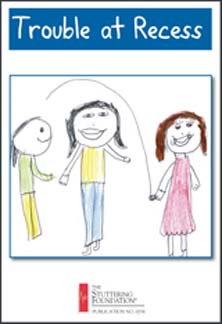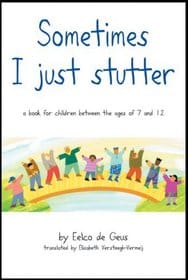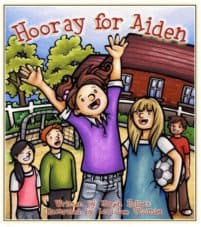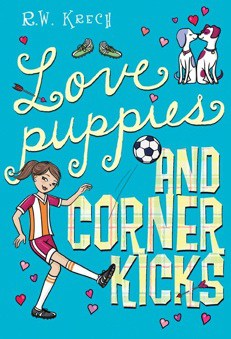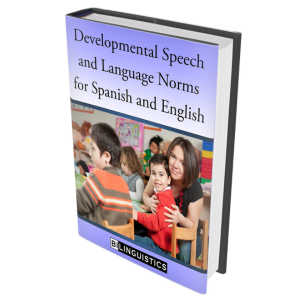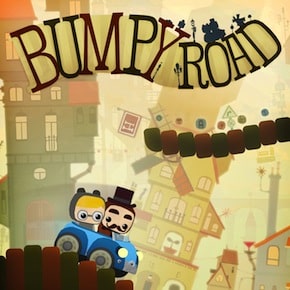 The bumpy speech road… It is the road less traveled. According to the National Stuttering Foundation, approximately 1% of the population stutters. For many, this road may also include embarrassment, frustration, and isolation.
The bumpy speech road… It is the road less traveled. According to the National Stuttering Foundation, approximately 1% of the population stutters. For many, this road may also include embarrassment, frustration, and isolation.
SLP history buffs… you will love this! Watch a clip of King George VI during a speech to rally the support of his nation on the brink of World War II.[hr]
Let Me Finish: A Stuttering Documentary
Fortunately, speech-language pathologists can play a key role in supporting those with dysfluency by providing therapy for stuttering (e.g., learn where the tension they experience anatomically originates, target the thoughts and feelings that often accompany a stuttering moment, and choose fluency shaping strategies). SLPs also educate teachers, parents, and other professionals about stuttering. This video contains the basics about stuttering. Enjoy sharing it with parents and teachers!
Each individual who experiences dysfluent speech has a unique journey as they become empowered to embrace this aspect of their lives and are provided with tools that they may choose to use while communicating.
Here are some resources that we’ve compiled to help those with dysfluent speech SHINE!
GENERAL WEBSITES:
Stuttering resources for school-based SLPs
Extensive list of websites with resources and activities for working with children who stutter
National Stuttering Association
Information and resources for children and individuals of all ages on stuttering
The Stuttering Home Page
MSU’s collection of resources for children, parents and professionals on stuttering
WORKSHEETS for Stuttering
Busy Bee Speech
Great ideas for activities, visuals and toolbox for using with school-aged children
Pinterest
Pinterest page on therapy for stuttering, resources, and activities
Speech Therapy with Liz
Ideas for therapy for stuttering and printables for fluency
RESOURCES FOR PARENTS:
American Speech and Hearing Association information on fluency
FAQs on diagnosis and treatment of stuttering
The Stuttering Foundation’s website
Information and resources for parents, children and teachers on stuttering
The Stuttering Foundation – La Fundacion Americana de la Tartamudez (Spanish)
Additional information and resources for parents, children and teachers on stuttering in Spanish
To the Parents of the Nonfluent Child, by Peter Ramig
Guidelines for parents who have a child who stutters
Article: Jackie Bird: newsreader and life-long stammerer
Recount of a British woman’s experience growing up and dealing with struggles of stuttering
Article: The Observer’s film critic, Philip French: my life as a stammerer
Article detailing a writer’s experience overcoming challenges associated with stuttering
Video: “The King’s Speech,” a stammerer’s view by Leys Geddes
Leys Geddes discusses the effect of the “The King’s Speech” on the public’s perception of people who stutter
BOOKS TO USE IN THERAPY – Children’s books about fluency:
 Trouble at Recess: A Sure Hit
Trouble at Recess: A Sure Hit
Free downloadable book written by an 8-year old child who stutters
 Sometimes I Just Stutter
Sometimes I Just Stutter
Free downloadable book targeted to 7-12 year olds who stutter
 My Very Own: I Can Do It Storybook Starring Me
My Very Own: I Can Do It Storybook Starring Me
A book for children aged 4-6 that is customizable to the child – great tool to use over several therapy sessions – ‘social story’ for children who stutter
 Hooray for Aiden
Hooray for Aiden
A young girl who stutters overcomes her fear of speaking in front of classmates at her new school
 Love Puppies and Corner Kicks
Love Puppies and Corner Kicks
A teenage girl’s story about dealing with challenges of being a teenager and stuttering
Fluency Assessment: Tasks, Tips and Tools
As speech-language pathologists, we perform fluency assessments far less frequently than we do assessments of language or articulation. In this presentation, I’ll share some of the tasks I include in my fluency assessment, tips for analysis and goal settings, and a cool tool I created to speed up your analysis.



